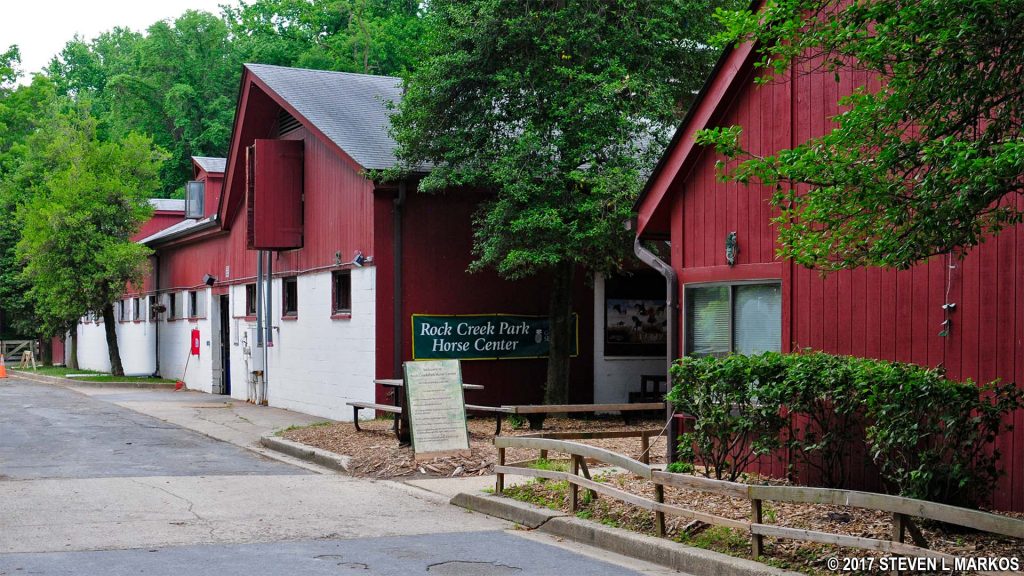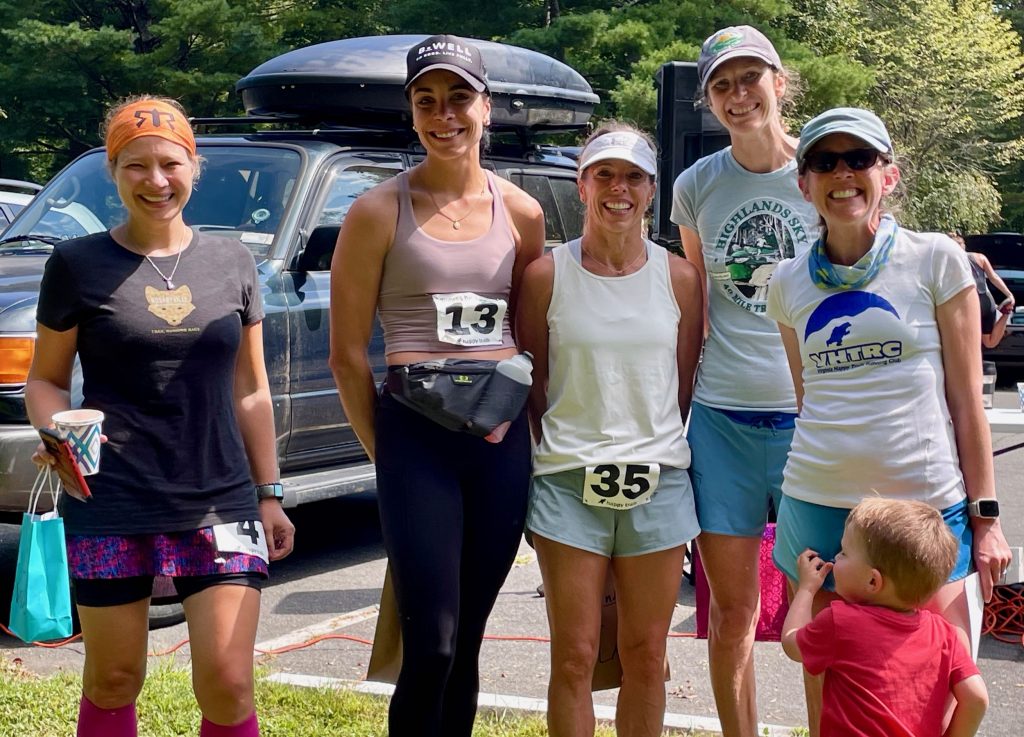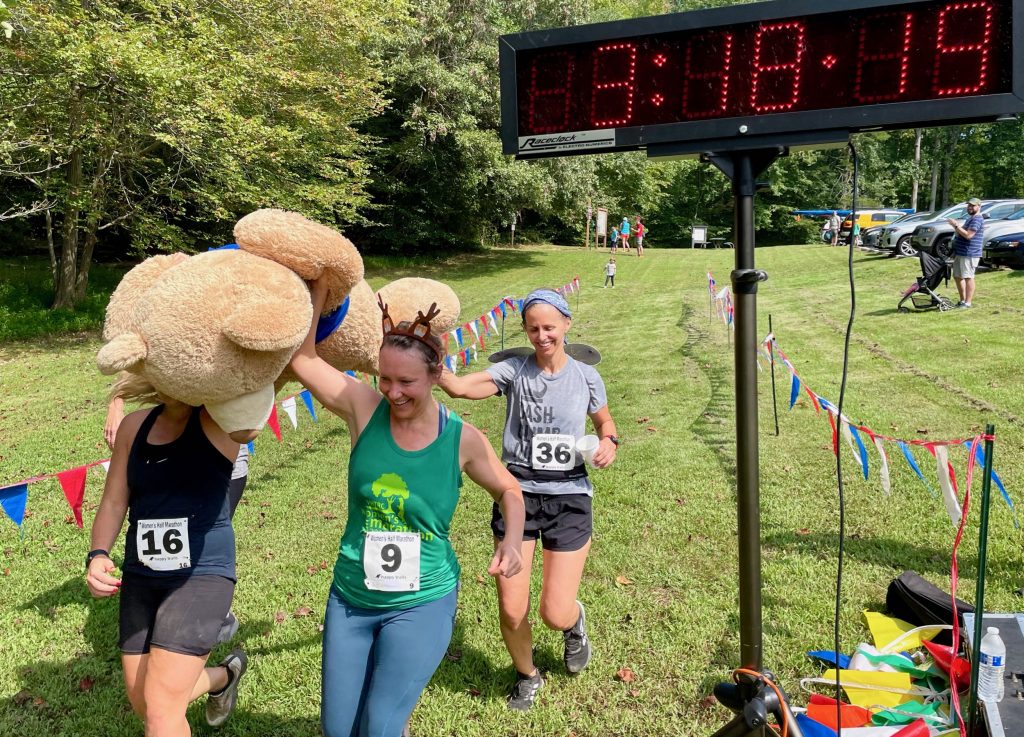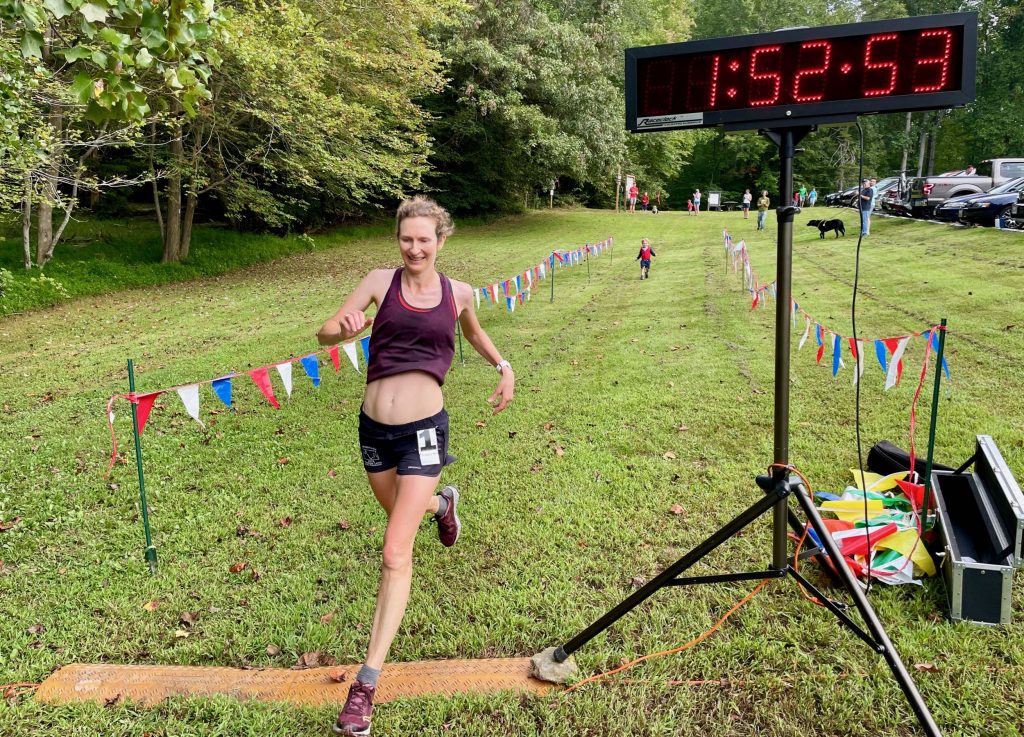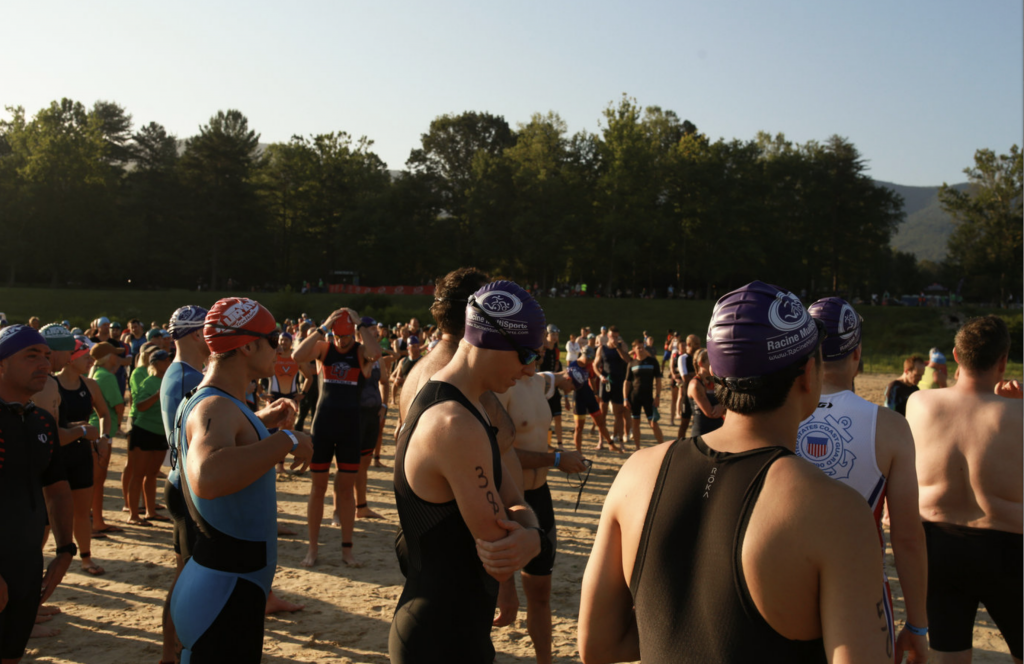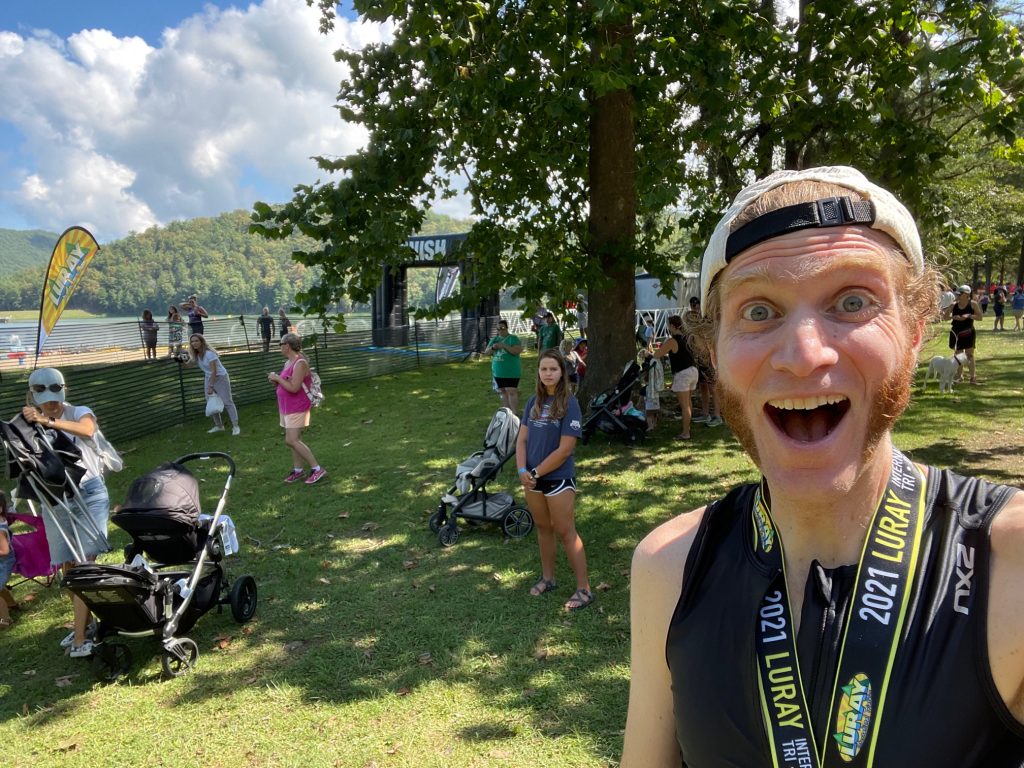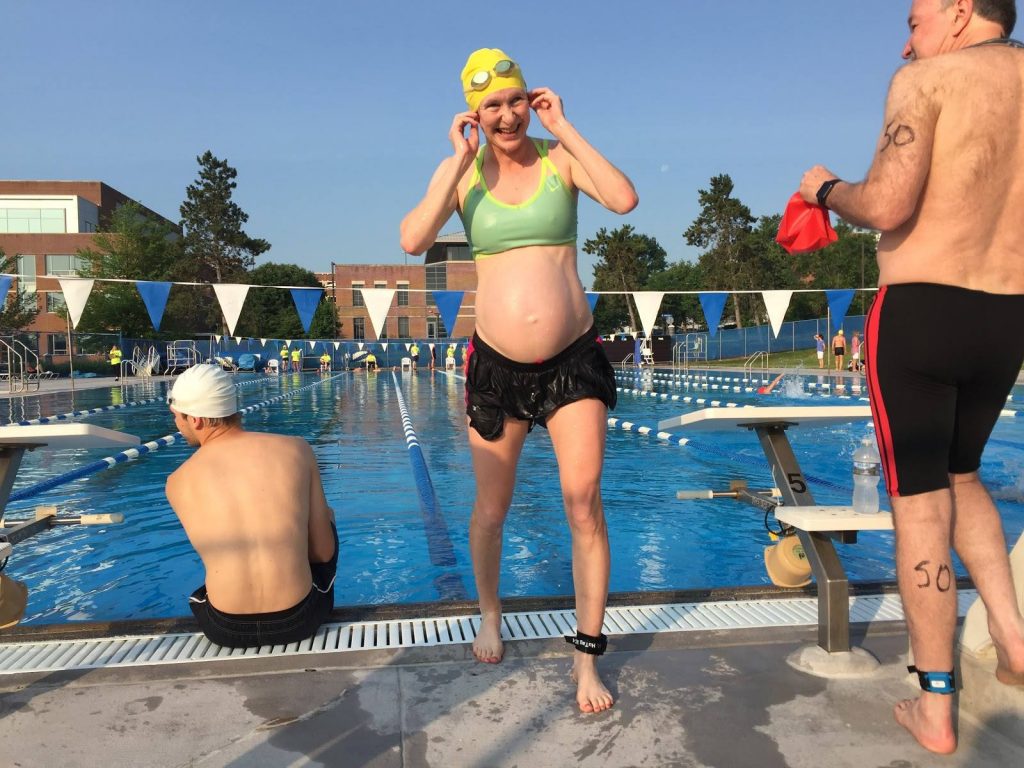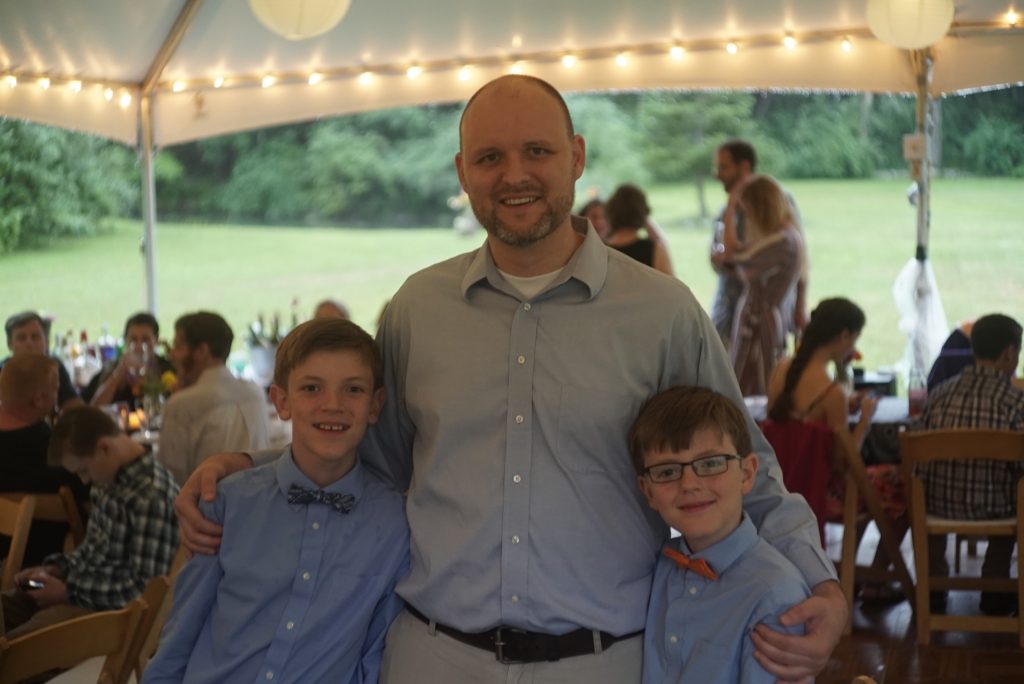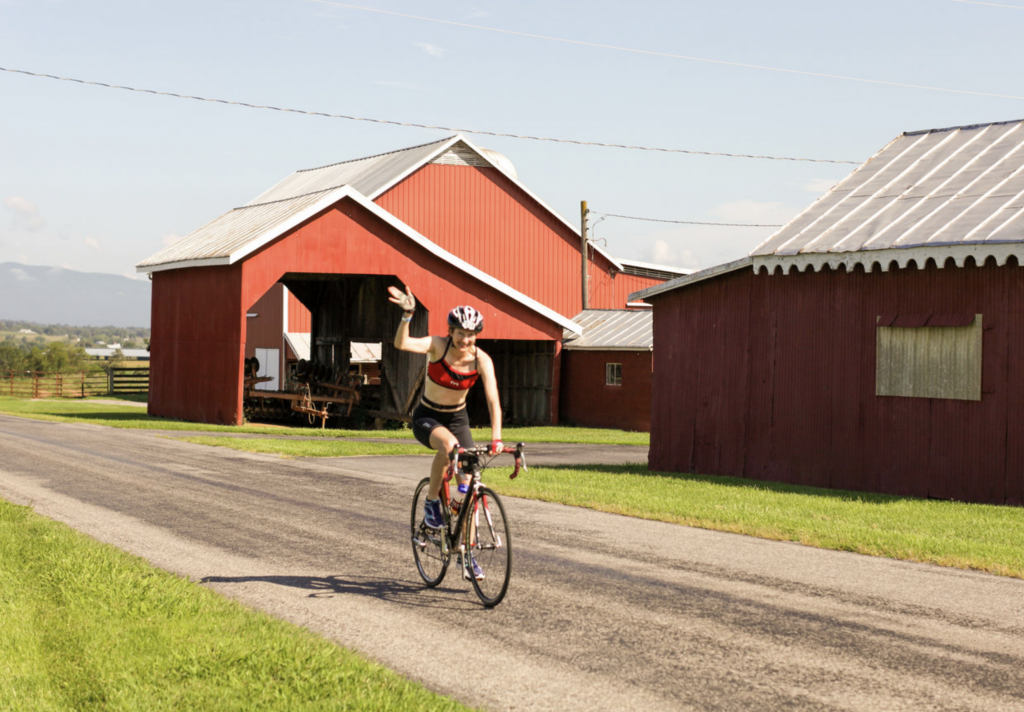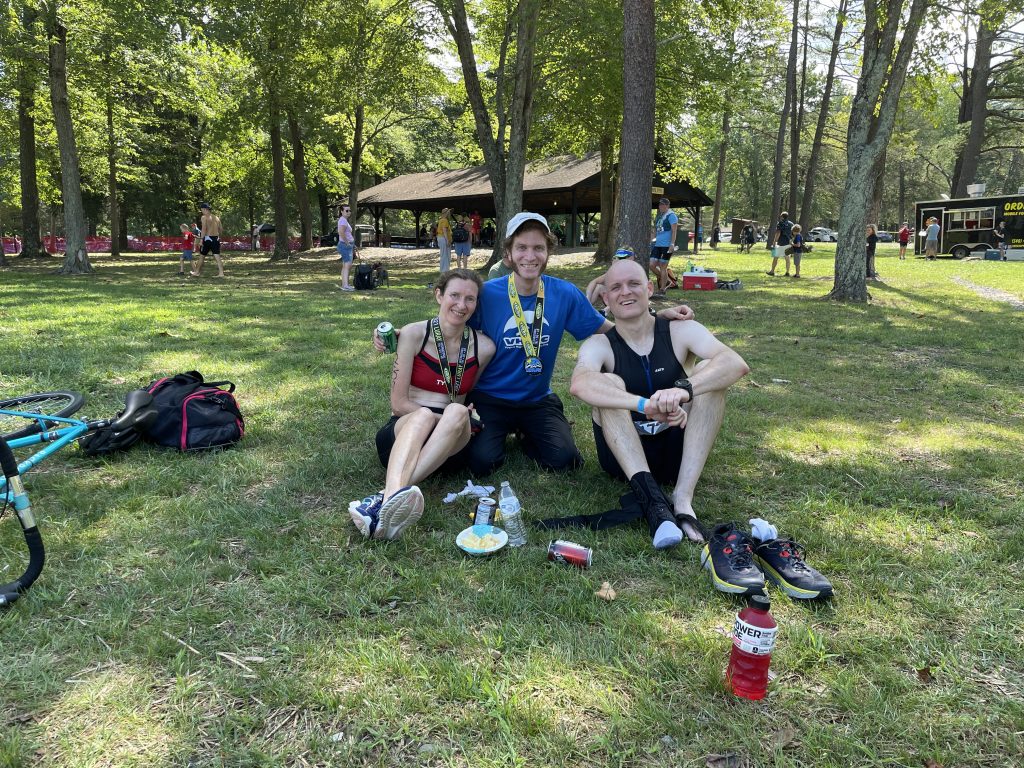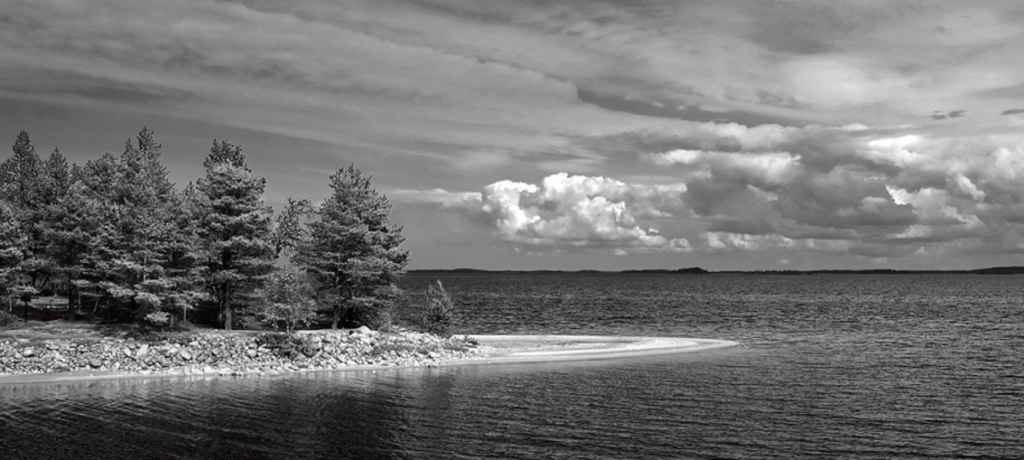Where’s the horse?
The pandemic arrived with a Slam! My skull crashed into the dirt at Rock Creek Park Horse Center at 11:23am on Saturday, March 12th, 2020, the same day NBA basketball player Ruby Gobert tested positive for the novel coronavirus and the entire country gasped. The two events appeared unconnected at first, but I have come to realize they were not. The horses were anxious. Barn managers were fretting about the new pathogen spreading invisibly through air and surface and bickering about how to manage the oblivious weekend crowds swirling around the stalls. Should they close the barn to the public? Should they set up barriers down the lane? Do horses even transmit coronaviruses? Amid the chaos a black mare who is usually mellow instead had a meltdown.
If you have ever ridden a mechanical bull, you know the sensation of being catapulted through the air in a direction not of your choosing. Mechanical bulls are gentler than the real thing, easing you into steady rocking and starting slow before growing wilder. In real life there’s no gentle transition. The black mare bucked harder than any creature I’ve ever mounted. I never saw it coming. The first buck shot my body out of the stirrups and up onto her long black neck, where my arms clung for dear life. But the second buck came instantaneously, and I catapulted backwards in a free fall. My butt hit the ground first, followed by my skull, its left back corner slamming into the dirt with a thud. The velvet helmet saved my life.
Stunned, I rose to my feet while the other riders circled their horses. My instructor grabbed the frightened riderless mare by a loopy leather rein flapping against her neck as she cantered. My knees wobbled uncontrollably beneath me and my legs buckled. I slammed back to the ground and my instructor wailed Stay down!
What happened next is hazy. Apparently I tried to remount the horse. I was behaving like a drunk girl at a bar, insisting that I could drive while wobbling in my heels and bleeding from my lip. My instructor guided me to a picnic table where I sat obediently and repeated the same questions a hundred times while the EMTs headed our way. Did I fall? What happened? Where’s the horse? I don’t recall any of that.
I never had a concussion before. The disconnect between my perception and reality was surreal, like I was on hard drugs. I snapped out of it just before the EMTs arrived. It felt like waking out of a dream. The EMTs performed a cognitive test, which I almost flunked because in my stupor I thought it was funny to answer Barack Obama when they asked me to name the president of the United States. Everyone laughed when they realized it was an intentional joke. Except the male EMT. He also attested that coronavirus was a hoax. I refused to get in a vehicle with him. Instead, since I had driven the family car to my lesson, my husband had to race the jogging stroller five miles through Rock Creek Park with our one-year old son strapped in. All the barn staff gave him a big cheer when he arrived with the baby, covered in sweat. When we arrived at Suburban Hospital the waiting area was eerily empty. The nurse told us there were coronavirus patients in beds. I never got in and out of an emergency room faster.
There was no time to process the trauma. A new coronavirus was flooding hospitals in New York City and it was my job to use genomic data to trace how SARS-CoV-2 viruses fanned out across the world from Wuhan, China, and invaded Europe and North America. Technological improvements in genomic sequencing had revolutionizd epidemiology and how we track pathogens spreading and evolving across time and space, but there wasn’t yet infrastructure in place to make it easy. Everything was a learning curve for me and the team of scientists I led at the National Institutes of Health.
Then my boss did the strangest thing ever, and neither the pandemic nor my concussion could be considered my biggest shock of 2020.
A Lie Too Big To Fail
The saying “People will believe a big lie sooner than a little one” is attributed to Joseph Goebbels. But the idea is enumerated more thoroughly in Adolf Hitler’s Mein Kamf. Hitler was an evil maniac, but he was also clever and controlled in the way he exploited certain weaknesses in human thinking.
“in the primitive simplicity of their minds [people] more readily fall victims to the big lie than the small lie, since they themselves often tell small lies in little matters but would be ashamed to resort to large-scale falsehoods. It would never come into their heads to fabricate colossal untruths, and they would not believe that others could have the impudence to distort the truth so infamously. Even though the facts which prove this to be so may be brought clearly to their minds, they will still doubt and waver and will continue to think that there may be some other explanation….”
I had never observed this counterintuitive phenomenon firsthand. It was fascinating to watch it play out in my office. The more unlikely my boss’s story became, the harder it was for anyone to digest the possibility that it was a complete fabrication.
My boss is not an evil maniac. But he did find himself in a sticky jam when he had to explain to his colleagues why he was abruptly kicking out a productive female scientist working on a national public health emergency right after she had a baby, without consulting anyone about the scientific or diplomatic ramifications. At first he tried little lies. She’s not as good a scientist as Cecile. She’s not a good mentor to her postdocs. Her behavior is disruptive to the office. He was tossing spaghetti at the wall but nothing was sticking. No one was buying it. Feeling squeezed, he decided to go nuclear. She’s a harasser.
Bingo. The spaghetti finally stuck. His characterization of me as a harasser was laughably untrue. But the opposing story was even harder to believe: that he would simply make it up. Sure, he was a little erratic. Sometimes he blew his fuse at his more assertive female staff, including myself. He kept karmic “balance stones” in his pants pocket to try to alleviate those tendencies. He become oddly withdrawn and antisocial, canceling our division’s happy hours and annual pic. Everyone recognized that he was particularly strange towards me. I dreaded his routine of sending my other colleagues out of the room so he could scream at me alone, making me cry, threatening not to renew my annual contract, holding my employment like a club over my head. I felt vulnerable alone in his enormous office, decorated with chandeliers and 18th century paintings. He never complained about my scientific work, only my behavior, his cheeks flushed and hands trembling, trying to contain his anger. His visible discomfort unnerved me, spreading like a communicable disease. But I never accepted his distortions. I would leave the room quaking, but his extended rants left him more relaxed, his hands tucked behind his head and his lips gently curved into a smile like a man in a post-organism afterglow. Doesn’t it feel good to blow off steam? he would ask me as I scurried out the door. I had enough close friends in the office to assure me that any time my boss told me I was abrasive and disliked he was just gaslighting me. I accepted that he was detached from reality. But I never took him for a boldfaced liar.
The harasser story worked well for him because he could deflect all criticism, shifting the blame for my dismissal from himself to some unnamed HR bogeymen. In fact, he even got to play the victim card, pretending he tried his damnedest to rehire me but kept getting steamrolled by overzealous HR team from an unknown office. Our organization’s HR director adamantly refuted my boss’s story that HR had any involvement in his personal hiring decisions, but he was also an outsider and some people wondered if he was the one lying.
Every good lie has a sliver of truth. I had recently terminated a master’s student after one year because my postdoc had given up trying to train her. She was an odd duck who threw people off by meowing at them like a cat. But scientists are all weirdos and we would have kept her had she been a high performer. She had a bone to pick with me after being terminated and filed a complaint to HR about my behavior. It was all trivial. One of the complaints was that I invited colleagues to go to the DC zoo on the day the clocks change and the animals get fed later, causing them to be unusually frisky. She was offended by what she perceived as cruelty towards animals. All complaints against me were investigated, gathering testimony from my colleagues, and dismissed. Reason prevailed and our head of HR avowed that I had a “clean bill of health”.
But women suffer from the lack of transparency in HR processes that always gives management the upper hand. When there is no transparency, upper management gets to control the interpretation of the outcome. With no “clean bill of health” certificate to frame on my office wall, nothing blocked my boss from disseminating a rumor that I was in serious high water with HR. I vehemently protested and offered to show documentation that I had an unblemished HR record with no strikes. My boss responded by inventing an even more unrealistic story: that HR secretly “cut a deal” with him not to document any infractions on my permanent record as long as he agreed not to renew my employment. Conveniently, he had no documentation of this secret deal. I filed a Freedom of Information Act (FOIA) request to obtain all documents related to the complaint filed against me, including witness testimony and HR interpretation, to officially clear my name. I am still waiting.
One reason it was hard to understand why my boss was lying about me was because he had no motive. Outwardly he was a timid, cautious boss with no stomach for high-stakes gambles. Axing a productive scientist working under him made no sense when he got credit for my success. Moreover, he was playing with quite a bit of fire. As a new mother I could have sued him for sex discrimination under the Equal Employment Opportunity (EEO) law. New mothers are protected from job discrimination as stringently as members of racial minorities or members of LGBTQ. The onus would be on him to provide a compelling explanation to a judge for my sudden termination. Outside witnesses would shred any claims of scientific ineptitude or behavioral problems. The timing of the onset of his haranguing of me just after I started a family was even more suspicious. Why would he risk his neck to get rid of me? It was a big mystery.
Breaking Bad
Scientists have to dig relentlessly for clues to complicated questions. I systematically turned over stone after stone until I got his motive. I can’t spill the beans with specific details, but he fits a genre (“Breaking Bad”, “Fargo”) where the nebbishy middle-aged white guy dabbles in little fibs and minor infractions and is surprised by how much he can get away with, being the average Joe type no one ever suspects. He is highly evasive but red flags get shrugged off. Darker and darker misdeeds are required to cover up prior acts, creating a spiral effect, but he self-justifies, convinced he is protecting himself and his family. When the walls start closing in, he resorts to increasingly desperate moves.
My boss effectively exploited the pandemic and the evaporation of standard communication channels, supervision, and accountability. But he also was a victim of the pandemic, which drove anxiety and paranoia through the roof and triggered his erratic behavior, just like what happened to the mare. Both were motivated more by fear than aggression. Whatever my boss feared, the prospect of me becoming a Federal employee only heightened it, fundamentally changing our power dynamic and removing his one lever of control over me, my tenuous employment status. First, my boss tried to control me using tactics that worked in the past on women: threats, lies, intimidation, yelling, gaslighting. But they only worked to some degree. An inquisitive person like myself, with unflinching honesty and a nose for liars, simply became too big a liability to have around.
The tragedy is that I was never an existential threat to him, no more than I was to the black mare who threw me. Prior to my new boss’s arrival I had steered clear of trouble for a decade. That’s saying a lot in an organization that gets the lowest scores across all 27 NIH ICs in employee ratings of “honesty and integrity of leadership” (barely 30%). I just wanted to be left alone to do my job fighting pathogens.
Moving On
A reader may inquire about my motivations for recounting this story. So I had a nutter boss, who cares? By not pursuing a lawsuit I already waived my opportunity for justice or holding my boss accountable. At this point I don’t care what happens to him. There’s nothing I can do to protect other women in his orbit. My closest friends left the office shortly after my departure.
But I have other motivations. Following the sickening Larry Nasser story, followed by the National Women’s Soccer League (NWSL) debacle, it feels like progress for women is slipping backwards. The NWSL featuring Alex Morgan and Megan Rapinoe was supposed to be poster child of women’s empowerment. So was our US gymnastics team. Women were sounding the alarm for years. Why did no one listen? I can now see how society’s blinders work and and stem from the enormous benefit of the doubt bestowed on middle-aged white men, especially in middle- and upper-class positions of authority. Our preconditioned minds fail to absorb reports from women and children that contradict the convenient architecture of “safe” and “unsafe” we use to sleep at night. Even women resist truths from other women that are unpalatable. The tragedy is that Larry Nasser, like Jerry Sandusky, was able to get away with his heinous crimes for so long *because* they were so outside the bounds of what his peers could accept in a person who looked just like them.
I also want to speak for victims of mental traumas that are not visible or relatable, which can cause further alienation. In cases of familiar traumas like death, illness, accidents, or violence, my friends have been down that road before and there is a coda for how to behave and speak. But it’s a lot harder to explain the vertigo that comes with sustained deception, gaslighting, or an attack on my sense of reality. I blame no one for having difficulty wrapping their head around my particular hardship or even victim-blaming me to some degree. Even my mother pointed out that I would have retained my job had it not been for my assertive resistance of my boss’s early distortions. But nothing is more alienating than losing a shared sense of reality with the people around you. I am lucky to have a husband who acutely understood everything I experienced, sometimes better than I did, and kept me grounded.
I also wish to convey some of the hidden ways the pandemic has side swept our lives. It’s impossible to say whether my boss would have gotten away with his ruse in a normal year or a typical office environment. But there were highly extenuating circumstances during the pandemic. Will a widespread shift to more remote work help women by limiting physical contact with potential harassers? Or hurt them by eroding accountability and their support networks? Would I have navigated normal workplace obstacles (exclusion from meetings, being condescended to or interrupted) that affect women disproportionately without daily informal chat with other women scientists around the water cooler? Women need each other as allies. I got by with virtual allies who supported me enormously this past year, but those bonds were laid over years of in-person office time.
Finally, I just believe in sharing the truth, no matter how small or insignificant. Consider it my tiny personal battle against a world buckling under an epidemic of misinformation. Misinformation is the most cynical form of attack and Americans are proving to be absurdly susceptible. National politics are hopeless, but at the very least I can preserve my own nest.
As an epidemiologist I can’t resist one last PSA: we train our kids how to respond and protect themselves from an active shooter, but not from charming sociopaths. This does not reflect real-world risks. It is worthwhile to familiarize yourself with the terminology and telltale signs of clinical personality disorders (sociopaths, borderlines, narcissists, etc.). As a scientist, I was compelled to study up so that if I ever again encounter someone who lies, cheats, and charms their way through a career in management, leaving a wake of destruction, I will be equipped. Be aware that all of us encounter people with personality disorders periodically. But we don’t realize it because these people can be perfectly charming 99% of the time. You only discover their underlying traits if you happen to become their target. Then hell breaks loose. These people can absolutely ruin your life. But if you understand how people with these conditions think and the strategies they employ to control, manipulate, and confuse, you can potentially dodge a bullet. And you can help your friends and loved ones escape too. If you or a loved one has ever been targeted I would also recommend professional therapy. Damage to a psyche is more difficult to objectively measure than a broken bone or cancerous cell, but these people really mess with head and erode your sense of trust, potentially damaging your ability to enter new relationships.
